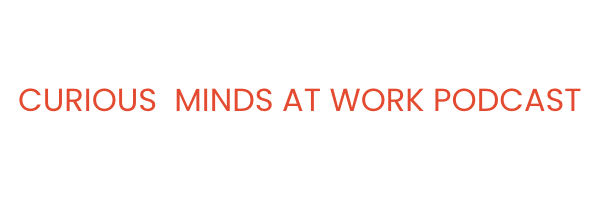 What are the skills that can help us learn new things more quickly and efficiently?
What are the skills that can help us learn new things more quickly and efficiently?
Our ability to learn sets us apart from other species. Yet few of us understand how to maximize this ability.
Stanislas Dehaene, Director of the NeuroSpin Brain Imaging Center in Saclay, France, and Professor of Experimental Cognitive Psychology at the College de France, can help. In his latest book, How We Learn: Why Brains Learn Better Than Any Machine…for Now, he explains how the human brain is designed for learning. Next, he shares exactly what we need to optimize our learning.
Sleep is one example. We know it’s important, but we may not know just how critical it is for learning. Stanislas explains, “So we re-learn, we replay during sleep, the things we’ve begun to learn during the day. In this way, we are able to multiple the learning examples.”
At the same time, we may not be aware of what Stanislas calls “the secret ingredients of successful learning.” These are the four pillars that, when present, speed up the learning process, namely, attention, active engagement, error feedback, and consolidation.
Finally, Stanislas explains the connections between artificial intelligence and the human brain. Though he’s convinced that future AIs will surpass the capabilities of the human brain, he readily shares just how amazing our brains are: “I don’t think that the brain is intrinsically better than machines. I think the brain is an extraordinary machine.”
Stanislas has written extensively on the topic of human learning. His previous books include, Reading in the Brain, Consciousness and the Brain, and The Number Sense.
The Team
Learn more about host and creator, Gayle Allen, and producer and editor, Rob Mancabelli, here.
Episode Links
Reader, Come Home: The Reading Brain in a Digital World by Maryanne Wolf
Explicit Memory Creation During Sleep Demonstrates a Causal Role of Place Cells in Navigation by G. de Lavilleon, M. M. Lacroix, L. Rondi-Reig, and K. Benchenane
Coordinated Memory Replay in the Visual Cortex and Hippocampus During Sleep by Daoyun Ji and Matthew A. Wilson
Error-correction Learning for Artificial Neural Networks Using the Bayesian Paradigm by Smaranda Belciug and Florin Gorunescu
Infants Grasp Gravity with Innate Sense of Physics by Joseph Castro
Community-induced Memory Biases in Preverbal Infants by Jennifer M. D. Yoon, Mark H. Johnson and Gergely Csibra
Illiterate to Literate: Behavioural and Cerebral Changes Induced by Reading Acquisition by S. Dehaene, L. Cohen, J. Morais, and R. Kolinsky
National Education Scientific Council
Support Us
- Rate and review the podcast on iTunes or wherever you subscribe.
- Tell a friend or family member about the show.
- Subscribe so you never miss an episode.
Where to Find Curious Minds
